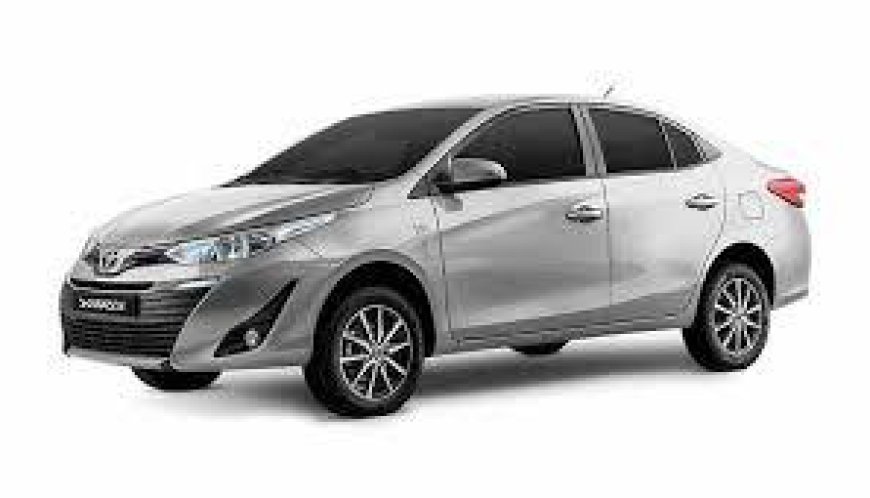What Paperwork Do You Need for Used Cars for Sale in Pakistan?

Buying or selling a used car in Pakistan can be a smooth process if you have the right paperwork ready. Whether you're a buyer or a seller, understanding the necessary documents is crucial for ensuring a hassle-free transaction. Here’s a guide on the essential paperwork required for used cars for sale in Pakistan.
1. For Buyers
When purchasing a used car, it’s important to verify the seller’s documentation to avoid future complications. Here’s the essential paperwork you should collect and review:
a. Vehicle Registration Certificate (VRC)
The Vehicle Registration Certificate is one of the most important documents. It serves as proof of ownership and should include details such as the vehicle's make, model, chassis number, engine number, and registration number.
b. Computerized National Identity Card (CNIC)
The buyer should request a copy of the seller's CNIC to ensure they are legally recognized as the owner of the vehicle. The CNIC will help verify the identity of the seller.
c. Sale Agreement
A sale agreement is crucial to protect both parties. This document outlines the terms of the sale, including the sale price, payment method, and any conditions related to the transaction. Both the buyer and seller should sign it.
d. No Objection Certificate (NOC)
If the vehicle has any outstanding loans, the seller must provide a No Objection Certificate from the bank or financing institution. This document indicates that the loan has been settled and there are no liabilities associated with the vehicle.
e. Transfer of Ownership Form
This form is required to transfer ownership from the seller to the buyer. It must be completed and submitted to the relevant Excise and Taxation Department.
f. Vehicle Inspection Report
Although not mandatory, obtaining a vehicle inspection report from a trusted mechanic can help the buyer assess the vehicle's condition. This report can identify potential issues before the purchase.
g. Tax Clearance Certificate
Ensure that the seller provides a tax clearance certificate or proof of payment for the road tax. This confirms that all taxes related to the vehicle have been paid.
2. For Sellers
As a seller, having the necessary paperwork in order will not only speed up the sale process but also build trust with potential buyers. Here’s what you need:
a. Vehicle Registration Certificate (VRC)
As mentioned above, the VRC proves your ownership of the vehicle. Ensure that it is in your name and up to date.
b. Computerized National Identity Card (CNIC)
Provide a copy of your CNIC to the buyer, establishing your identity and ownership of the vehicle.
c. Sale Agreement
Prepare a sale agreement that outlines the terms of the sale. This document should include details about the vehicle, the sale price, and signatures from both parties.
d. No Objection Certificate (NOC)
If applicable, obtain an NOC from your bank or financing institution if there is an outstanding loan on the vehicle. This document will help reassure the buyer that there are no pending obligations.
e. Transfer of Ownership Form
This form should be filled out and signed by both you and the buyer. It will be submitted to the relevant authorities for processing the ownership transfer.
f. Tax Clearance Certificate
Provide proof of payment for the road tax to ensure that the vehicle's tax status is clear.
g. Maintenance Records
While not mandatory, having a record of the vehicle’s maintenance history can add value and instill confidence in potential buyers. This documentation can include service records, receipts, and any modifications made to the vehicle.
Conclusion
Navigating the paperwork for buying and selling used cars in Pakistan can seem daunting, but being well-prepared can simplify the process. As a buyer, ensure you verify all documents and protect your investment. As a seller, having the necessary paperwork ready can facilitate a smooth transaction and build trust with potential buyers. Always consult with legal or automotive professionals if you have any doubts or need assistance during the process.

 muslim
muslim